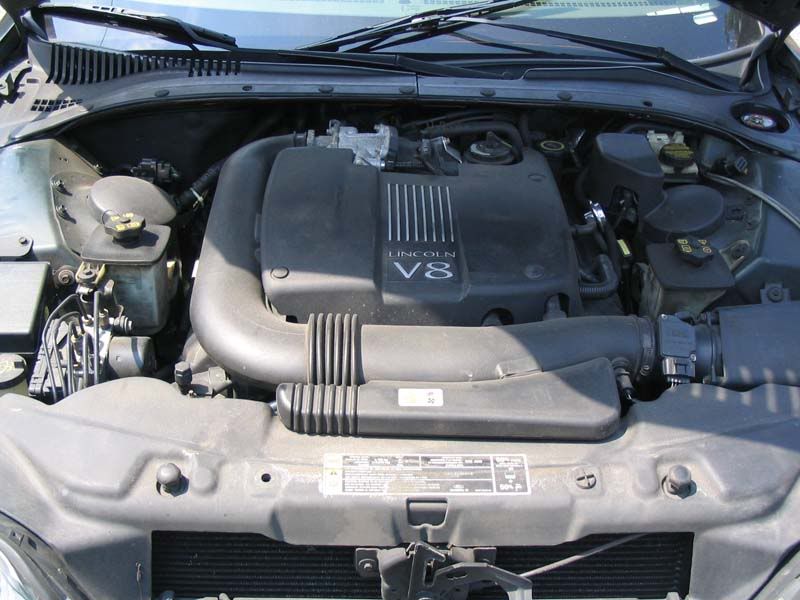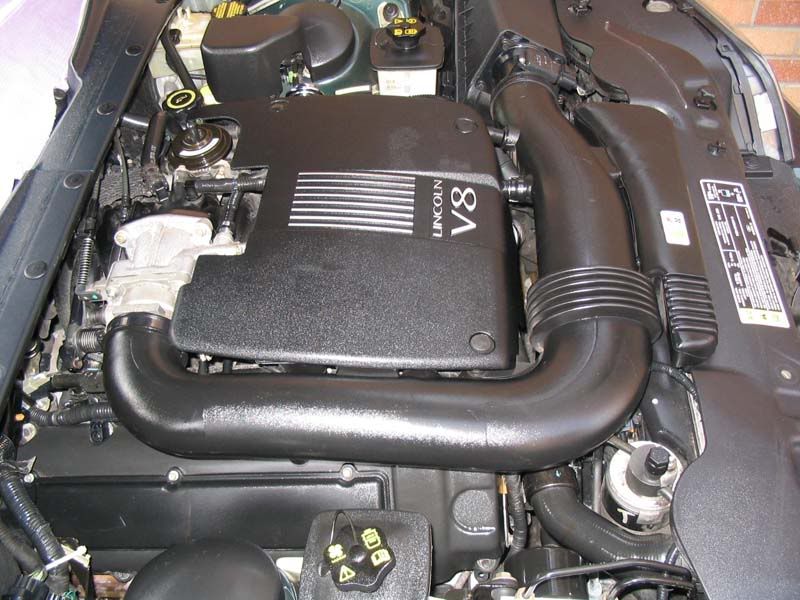percyjones
New member
I was over at the car wash the other day, and some guy was washing the outside of his truck (nothing out of the ordinary), then out of nowhere one of the other guys that was with him pops the hood and goes to spraying the engine with very high pressure water!
Now, I'm no expert but something seemed wrong with that picture, it was clear that he didn't cover anything or check anything before letting it fly.
I don’t really know if this type of action is okay or not, I've never really considered the idea just because it seemed like there were important parts of the engine that were exposed and could be harmed by water flying around everywhere, let alone HIGH pressure water.
So... am I just crazy and don't really know what I'm talking about?
Or maybe these guys just didn't know what they were doing (of course I'm assuming, I was just observing after all).]
Look forward ro comments.
-Percy
Now, I'm no expert but something seemed wrong with that picture, it was clear that he didn't cover anything or check anything before letting it fly.
I don’t really know if this type of action is okay or not, I've never really considered the idea just because it seemed like there were important parts of the engine that were exposed and could be harmed by water flying around everywhere, let alone HIGH pressure water.
So... am I just crazy and don't really know what I'm talking about?
Or maybe these guys just didn't know what they were doing (of course I'm assuming, I was just observing after all).]
Look forward ro comments.
-Percy


